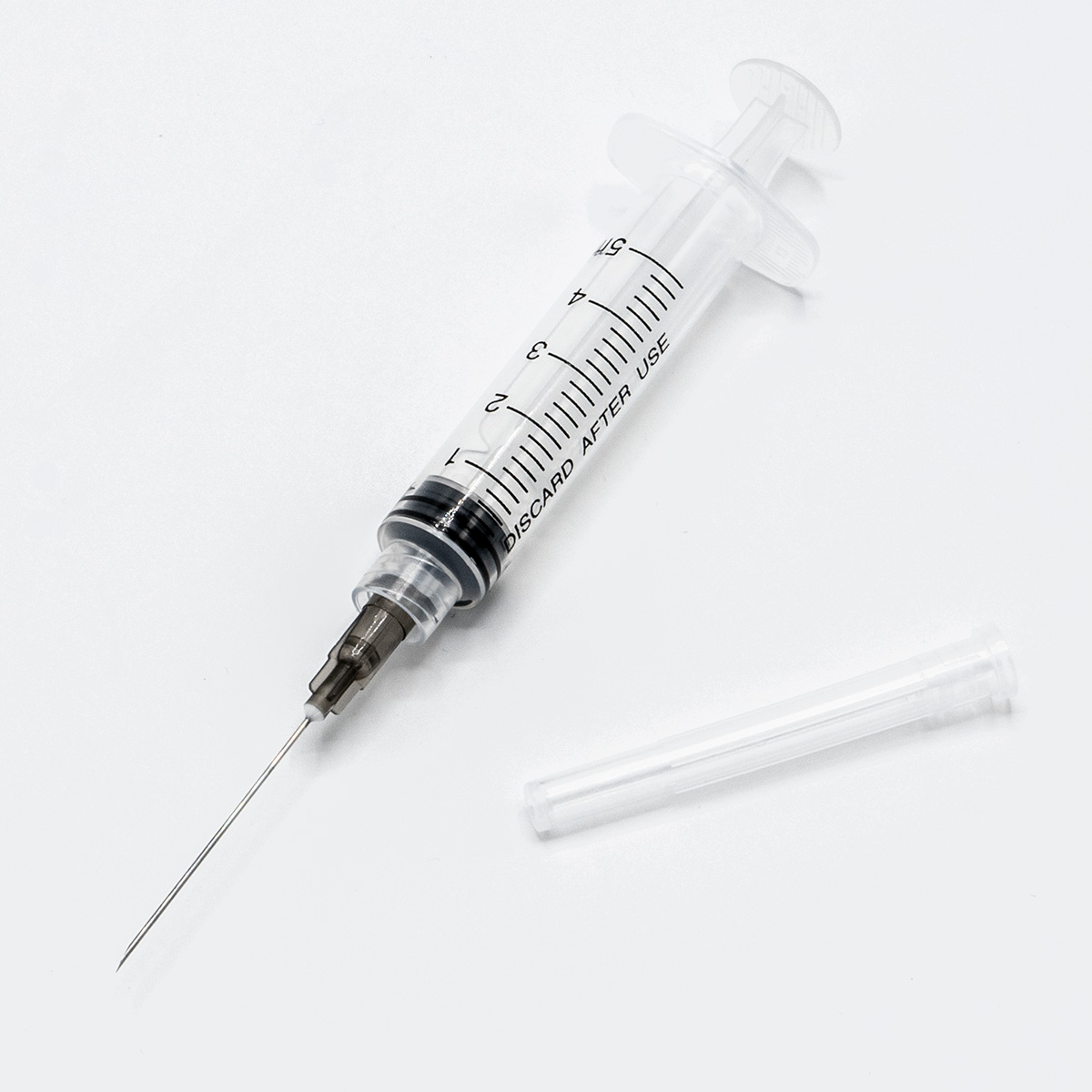Cardiomyopathy: Symptoms, Causes, Treatment
What are the symptoms of cardiomyopathy?
Cardiomyopathy refers to diseases of the heart muscle, where the heart muscle becomes enlarged, thickened, or stiff. This can affect the heart’s ability to pump blood effectively and can lead to other complications. The symptoms of cardiomyopathy can vary depending on the type and severity of the condition, but common symptoms may include:
- Shortness of breath (dyspnea): This can occur during physical activity or even at rest, depending on the severity of the condition.
- Fatigue: Feeling unusually tired or fatigued, even with rest.
- Swelling (edema): Swelling in the legs, ankles, feet, or abdomen due to fluid buildup (edema).
- Chest pain or discomfort: This can occur due to reduced blood flow to the heart muscle.
- Palpitations: Irregular heartbeats, skipped beats, or a feeling of fluttering in the chest.
- Dizziness or lightheadedness: This can occur if the heart is not pumping enough blood to the brain.
- Fainting (syncope): In severe cases, cardiomyopathy can cause fainting spells.
- Other symptoms: These may include cough, especially when lying down, or a feeling of fullness, bloating, or nausea.
The symptoms of cardiomyopathy can be similar to those of other heart conditions, so it’s important to see a healthcare provider for a proper diagnosis and appropriate management.
What are the causes of cardiomyopathy?
Cardiomyopathy can have several causes, which can be broadly categorized into three main types: dilated cardiomyopathy, hypertrophic cardiomyopathy, and restrictive cardiomyopathy. The causes can vary depending on the type of cardiomyopathy:
- Dilated cardiomyopathy (DCM):
- Genetic factors: Mutations in certain genes can increase the risk of developing dilated cardiomyopathy.
- Viral infections: Viral infections, such as myocarditis (inflammation of the heart muscle), can damage the heart muscle and lead to dilated cardiomyopathy.
- Alcohol abuse: Chronic excessive alcohol consumption can weaken the heart muscle and contribute to dilated cardiomyopathy.
- Toxic exposure: Exposure to certain toxins, such as heavy metals or chemotherapy drugs, can damage the heart muscle and lead to dilated cardiomyopathy.
- Pregnancy: Some women may develop dilated cardiomyopathy during or after pregnancy, known as peripartum cardiomyopathy.
- Hypertrophic cardiomyopathy (HCM):
- Genetic factors: Mutations in genes that control heart muscle growth can lead to hypertrophic cardiomyopathy.
- Age: Hypertrophic cardiomyopathy can develop at any age, but it is often diagnosed during adolescence or young adulthood.
- High blood pressure: Chronic high blood pressure can cause the heart muscle to thicken and lead to hypertrophic cardiomyopathy.
- Restrictive cardiomyopathy (RCM):
- Amyloidosis: Accumulation of abnormal proteins in the heart muscle can cause restrictive cardiomyopathy.
- Sarcoidosis: Inflammatory disease that can affect multiple organs, including the heart, leading to restrictive cardiomyopathy.
- Hemochromatosis: Iron overload disorder that can cause iron deposition in the heart muscle, leading to restrictive cardiomyopathy.
- Radiation therapy: Previous radiation therapy to the chest area can damage the heart muscle and lead to restrictive cardiomyopathy.
It’s important to note that in many cases, the exact cause of cardiomyopathy may not be known (idiopathic cardiomyopathy). Additionally, some forms of cardiomyopathy can be inherited (familial cardiomyopathy), meaning they run in families. If you have symptoms of cardiomyopathy or have been diagnosed with the condition, it’s important to work closely with a healthcare provider to determine the underlying cause and develop a treatment plan.
What is the treatment for cardiomyopathy?
The treatment for cardiomyopathy depends on the type of cardiomyopathy, the underlying cause, and the severity of symptoms. The goals of treatment are to manage symptoms, improve heart function, and prevent complications. Treatment options may include:
- Medications:
- Beta-blockers: These medications help reduce the workload on the heart and control heart rate, which can improve heart function and symptoms.
- ACE inhibitors or ARBs: These medications help relax blood vessels and reduce the heart’s workload, improving symptoms and slowing disease progression.
- Diuretics: These medications help reduce fluid buildup in the body, which can improve symptoms such as swelling and shortness of breath.
- Anticoagulants: These medications help prevent blood clots, which can reduce the risk of stroke in individuals with certain types of cardiomyopathy.
- Lifestyle changes:
- Healthy diet: A heart-healthy diet low in salt, saturated fats, and cholesterol can help manage symptoms and improve heart health.
- Regular exercise: Exercise can help improve heart function and overall health, but it’s important to consult with a healthcare provider before starting an exercise program.
- Avoiding alcohol and tobacco: Alcohol and tobacco can worsen symptoms and contribute to heart damage, so it’s important to avoid alcohol and quit smoking.
- Implantable devices:
- Implantable cardioverter-defibrillator (ICD): An ICD can help monitor heart rhythm and deliver a shock to restore normal rhythm if a life-threatening arrhythmia occurs.
- Cardiac resynchronization therapy (CRT): CRT involves implanting a device that helps synchronize the contractions of the heart’s ventricles, improving heart function in some cases.
- Surgical procedures:
- Septal myectomy: This procedure involves removing a portion of the thickened heart muscle in individuals with hypertrophic cardiomyopathy to improve blood flow.
- Heart transplant: In severe cases of cardiomyopathy where other treatments have not been effective, a heart transplant may be considered.
- Medication management: Regular monitoring and adjustment of medications are important to ensure they are effective and well-tolerated.
Treatment for cardiomyopathy is individualized based on the specific type of cardiomyopathy, the underlying cause, and the overall health of the individual. It’s important for individuals with cardiomyopathy to work closely with a healthcare team experienced in managing heart conditions to develop a comprehensive treatment plan.




